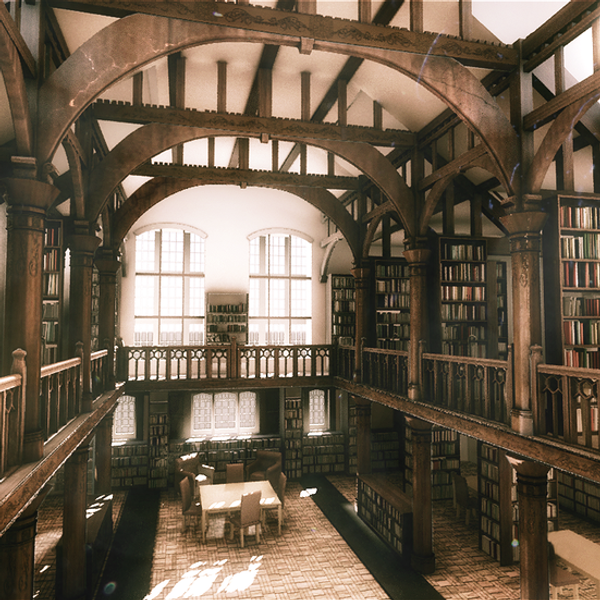Anthropocentrism is the belief that human beings are the central or most significant species on the planet (in the sense that they are considered to have a moral status or value higher than that of other animals), or the assessment of reality through an exclusively human perspective.
This is mostly inspired my two people I admire greatly: The late Douglas Adams and evolutionary biologist Richard Dawkins.
To those of you who are not familiar, Douglas Adams wrote what I can almost-for-certain say is my favorite work of fiction, "The Hitchhiker's Guide to the Galaxy."
***Warning: if you have not read the second book ("Restaurant at the End of the Universe") and wish to, leave now. I don't wish to be held accountable for spoilers. Thank you.***
Richard Dawkins is still an evolutionary biologist who I believe now just wants to rid the world of as much religion as possible before he dies. I personally like the younger Mr. Dawkins better, when he would actually give lectures about biology. You would think that would continue to be his priority.
This was also heavily influenced by a video in which I saw both of them. The link is posted below. It is vital to understanding what I will be talking about.
But first, enjoy this quote: "To illustrate the vain conceit that the universe must be somehow pre-ordained for us, because we are so well-suited to live in it, he [Adams] mimed a wonderfully funny imitation of a puddle of water, fitting itself snugly into a depression in the ground, the depression uncannily being exactly the same shape as the puddle."
— Richard Dawkins, in "Lament for Douglas" (14 May 2001)
What I love most about this passage of the book, is how much satire I personally feel is packed into one scene. It has long been considered human nature to deem ourselves the pinnacle of creation. While perhaps simple observations could have lead to the initial hypothesis of such a claim, many of us who have for centuries subscribed to traditional western philosophy have been lead to believe that we are created sacred in the very image of a divine being. This divine being is considered a myriad of things, including "the creator of life, the universe, and everything," or simply "Our father." Humanizing such a being in this way is a big mistake. To think that we are created in the image of a divine being? Think about that. Although, that may be a topic for a future post. I just wished to include it as a means of what I believe to be the dawn of such a philosophy.
Included in this philosophy is the idea that the earth and all its other current native inhabitants are somehow subservient to the privileged species that is ourselves. Of course, many also acknowledge that all life is sacred and should be respected. However, I can't help but feel that these god-fearers are typically the ones who hunt as a sport. At least that's the way they are often portrayed. I also have personal references. Anyway, Adams takes a comical approach by having us visualize a certain animal (seems to be a cow, right?) that is consciously wishing to be eaten by the main characters of the story. Whether Arthur has previously accepted anthropocentric philosophy or not could be deemed irrelevant. This phenomenon he's experiencing logically freaks him out. Perhaps we are generally not comfortable in thinking that what we mindlessly consume is a living being just like ourselves. This being shares close to 90 percent of our DNA.
In the way I have come to view the universe, our god and greatest friend as a species is chance. Evolutionarily speaking, our physical form as well as the very genes of what ultimately make up that physical being are the result of billions of years of random mutations. From single celled organisms, we have victoriously grown to the multicellular eating, breathing, procreating, philosophizing piece of matter that we are today. We seem to take this for granted.





















